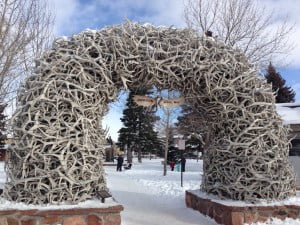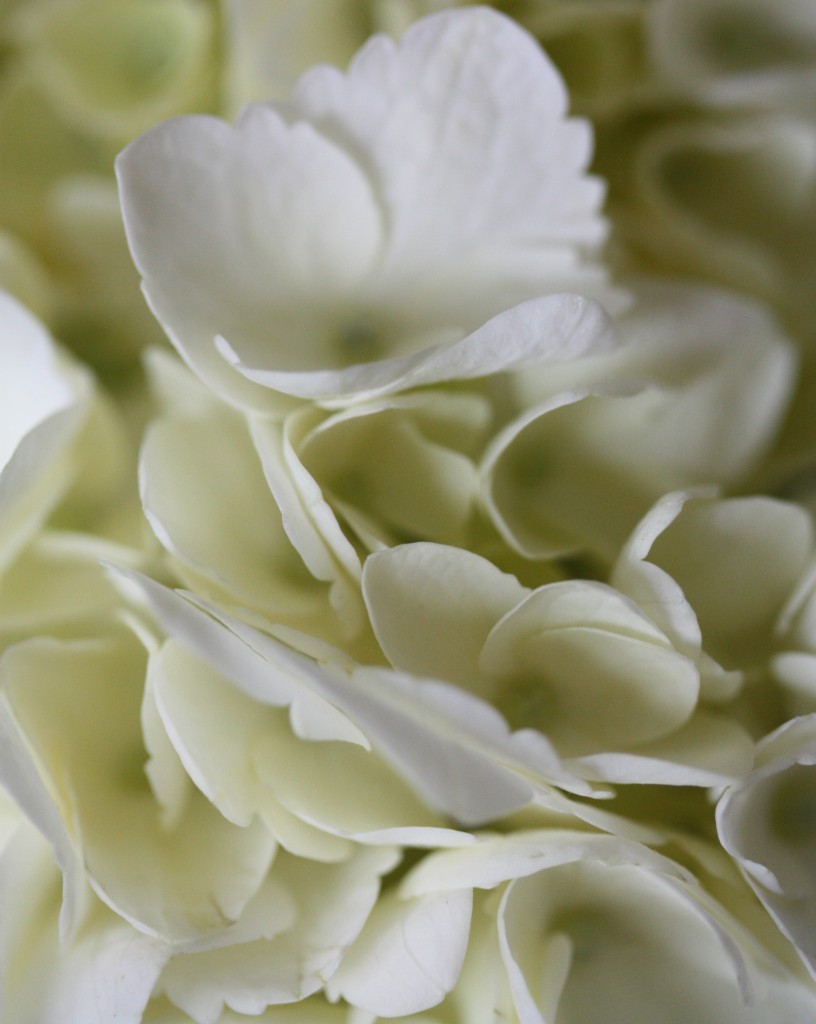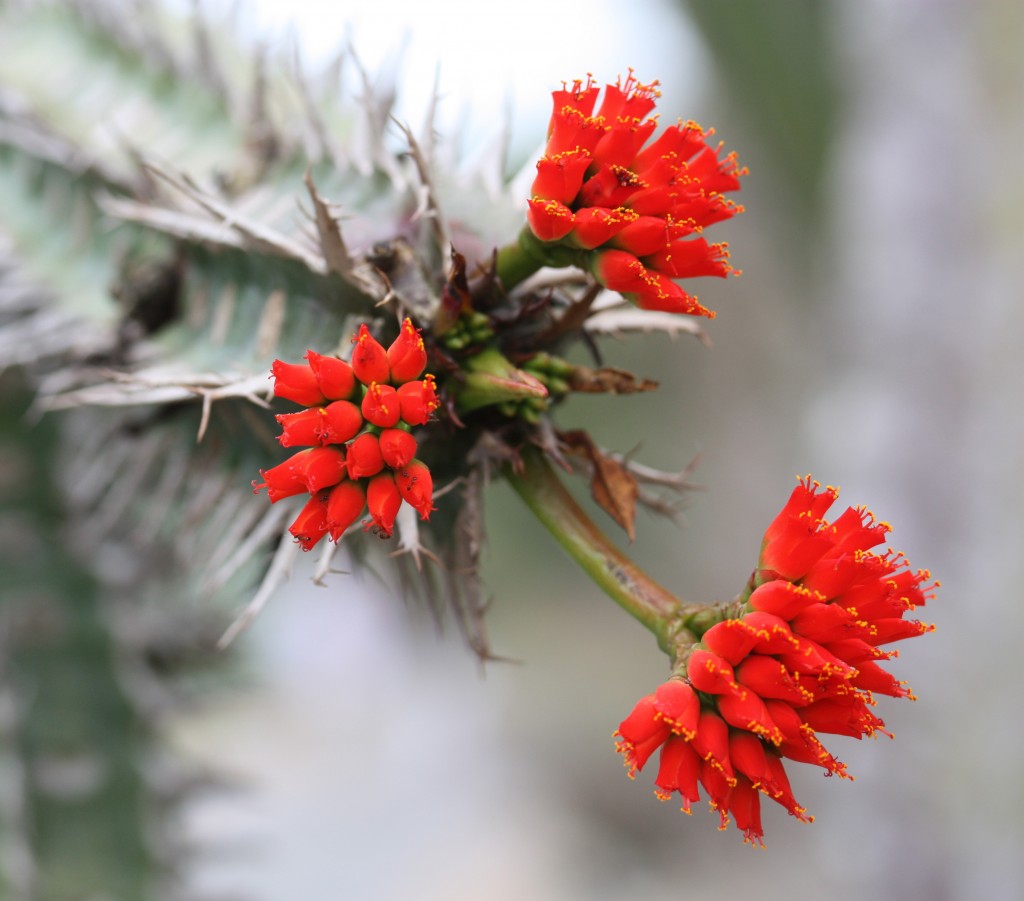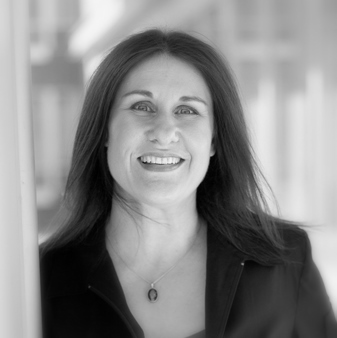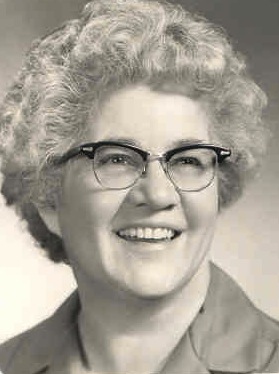Love Yourself So Matcha!
Comments Off on Love Yourself So Matcha!
Maybe you’re a biological mother or an adoptive mother or a step-mother or a mother to people you work with or for. Maybe you play the role of mother to animals or a business or your parents.
Regardless of the way you mother, I hope these words that I shared with my step-daughter will help you during this Mother’s Day week to remember to love yourself as well as others. Other women, from my mother to Jen Louden and Bridget Pilloud, shared some of them with me, and I’m passing them on.
- “Your soul knows the geography of your destiny. Your soul alone has the map of your future; therefore you can trust this indirect, oblique side of yourself. If you do, it will take you where you need to go, but more important, it will teach you a kindness of rhythm in your journey.”– John O’Donohue, Anam Cara. This “kindness of rhythm” is probably my big overarching goal right now–all of the rest of the thoughts below should be in service not only to getting things done, but more importantly, to the goal of being kind to myself and respecting my own very personal rhythm and speed. If I get things done by beating myself up, that really defeats the whole purpose.
- I am not Mary Poppins, as much as I might like to be. I cannot solve every problem anyone might have. My purse is not infinitely big.
- Slow is smooth and smooth is fast. A gym lesson that applies everywhere–nothing happens faster because I rush and get rattled.
- Just say no. Don’t let other people set your priorities (which of course means you have to get clear in your own mind about what your priorities are but remember that they are yours to set).
- Routine is key. For you all this may be different (as in, you may have to do your sanity-essential routines late at night, whereas I do them early in the morning) but I wake up early enough to do the things that are most important to the overall sanity of the day: meditate, journal, work on book, exercise. If occasionally I only have a short time for each of these, I try to scale them all down. 5 minutes of meditation, 5 minutes of journaling, 5 minutes of work on book, 5 minutes of stretching. Doing these in the morning before I go to work means that no matter how many interruptions I have, the things most important to me, the things that really no one on the planet but me cares whether I do, will actually get done before other people start pulling at my time and energy.
- Lists are also key. I don’t know if you have the energy to explore anything new right now, but for quite a while I’ve been “bullet journaling,” which means to me that I keep all my lists, my calendar, my journal, pretty much everything, in one notebook, and I always keep it with me. When I feel that paralysis of overwhelm that you described last night, I look at my list and just pick something, just one next thing that will give me progress toward one of the things that’s causing stress and needs to get done. I also use list making to clear my mind of what I worry I will forget. Put it on the list, and forget it while you do what’s really important right now. If it’s not worth writing down, it’s either not worth doing at all or can be done in less time than it takes to write it down, in which case I just do it.
- Resist the tyranny of the urgent. This is easier for me since “urgent” rarely involves anyone’s safety or health. But sometimes I find that urgent things, especially other peoples’ urgent things, can take up the whole day and despite my feeling of complete depletion, I haven’t gotten anything done that’s important to me. Make the distinction between urgent and important.
- Be lazy/efficient. This is small, but I try to never walk from Place A to Place B, at home or office, without something in my hand(s) that needs to be moved from A to B. I let things stack up until I have to go from A to B for more than one reason.
- Keep clear surfaces. I am a little bit of a fanatic about this, but visual clutter makes it really difficult for me to sort out what needs to be done, what needs to go with me when I leave, what is just sitting around, what is mine, what needs to be thrown away. I have “staging areas” at home and at work that are always clear, except for what needs to be taken with me when I leave, or what needs to be done imminently. When I have too much clutter, sometimes the only next right thing is to take a moment and clean it up. Otherwise I can’t function, can’t see the forest for the trees, can’t find my bullet journal ;).
- Back to the beginning: be kind to yourself. I find that I am most grouchy and resentful when I do not give myself kindness and space, when I feel like I’ve been running around in other peoples’ urgent matters, not keeping my routines and practices, not remembering what is really important to me.


